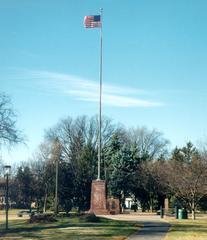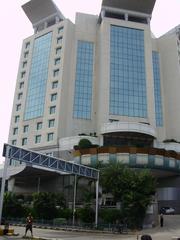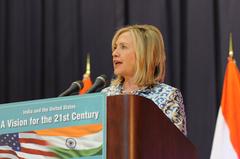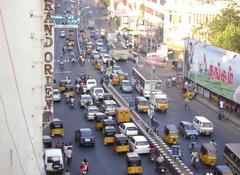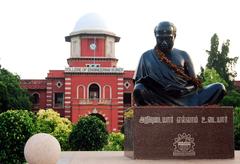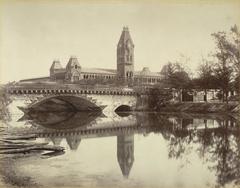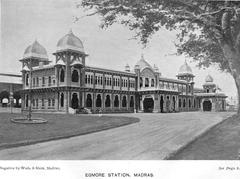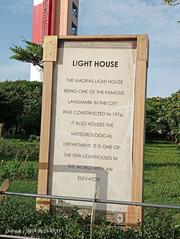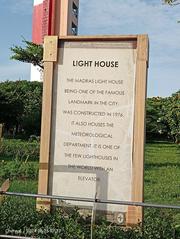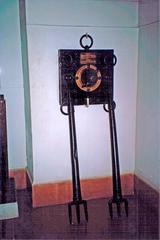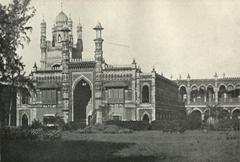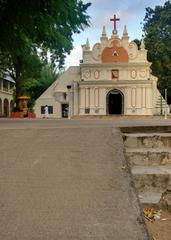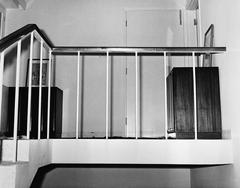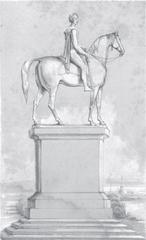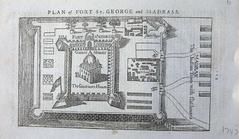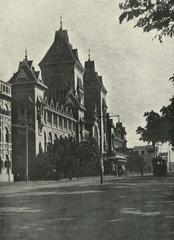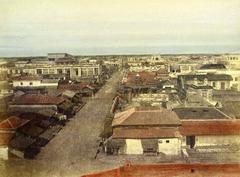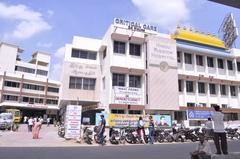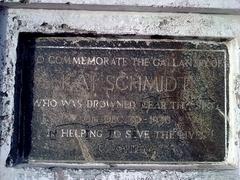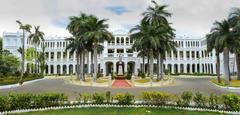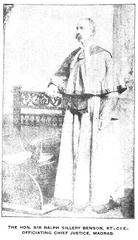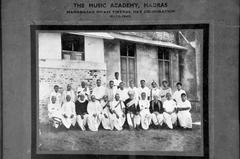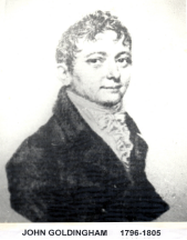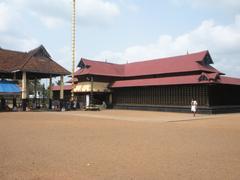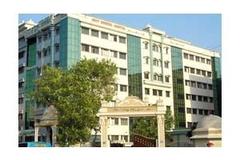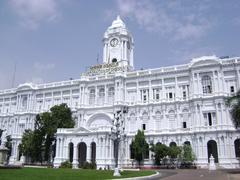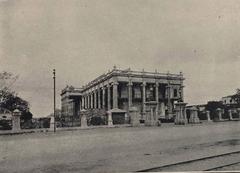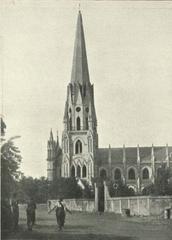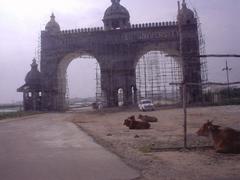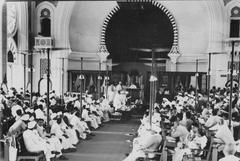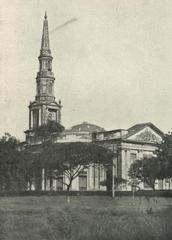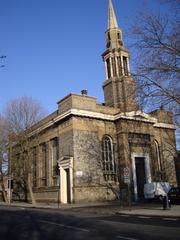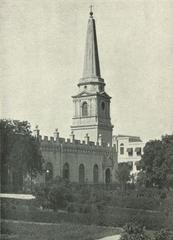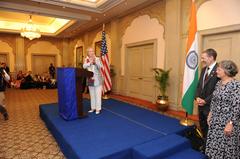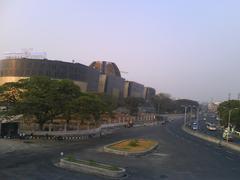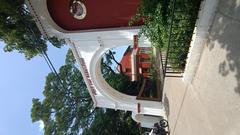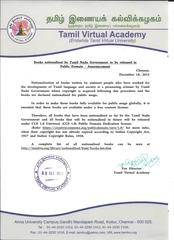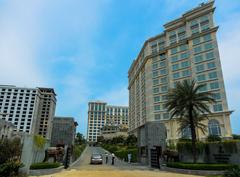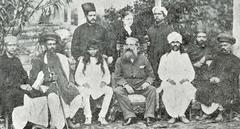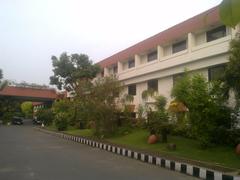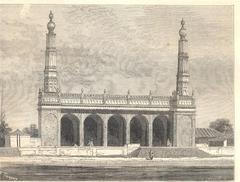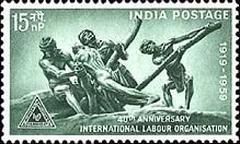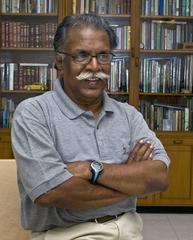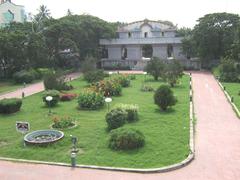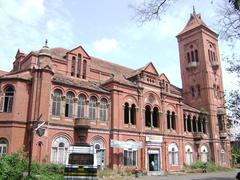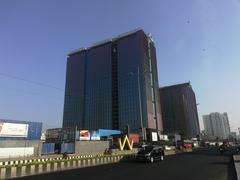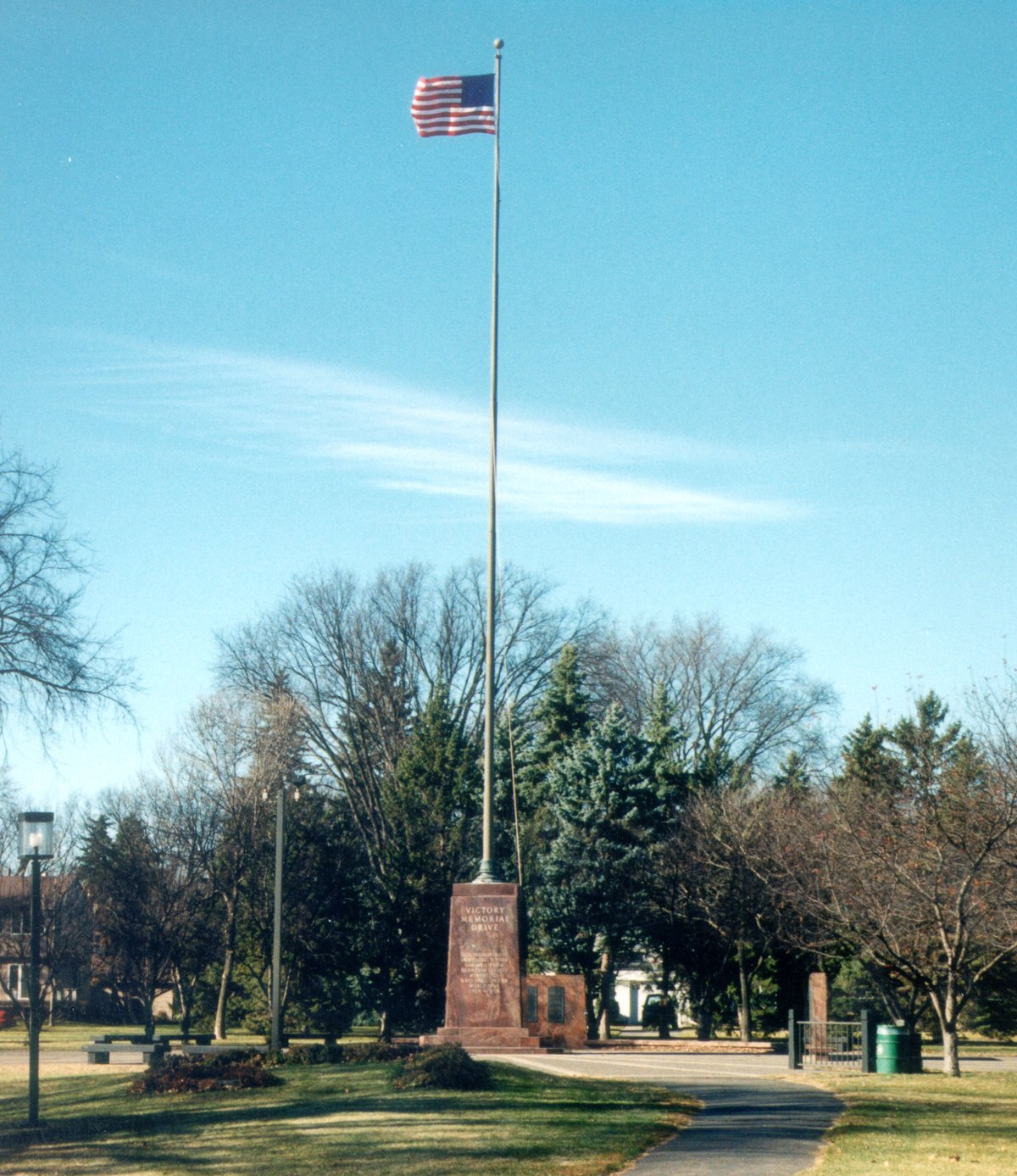
Visiting Victory War Memorial in Chennai: Hours, Tickets, and Travel Tips
Date: 23/07/2024
Introduction
The Victory War Memorial in Chennai, India, stands as a profound tribute to the brave soldiers who sacrificed their lives in various conflicts. Located at the southern end of Marina Beach near Fort St. George, this iconic site offers not only a rich historical narrative but also practical information for visitors. Originally known as the Cupid’s Bow, the memorial was constructed in 1930 to honor the soldiers of the Madras Presidency who lost their lives during World War I. Over the years, it has been expanded to commemorate soldiers from subsequent conflicts, making it a comprehensive tribute to the valor and sacrifices of Indian soldiers across multiple wars. This guide aims to provide an in-depth overview of the Victory War Memorial, covering its history, architectural significance, visitor information, and more, to help you make the most of your visit. Whether you’re a history enthusiast, a tourist, or a local resident, the Victory War Memorial offers a unique opportunity to connect with India’s military heritage and the sacrifices made by its soldiers. For more detailed information, you can visit the official website of the Indian Army or the Chennai Municipal Corporation’s page.
Table of Contents
- [Introduction](#introductionintroduction)
- [History of the Victory War Memorial, Chennai](#history-of-the-victory-war-memorial-chennaihistory-of-the-victory-war-memorial-chennai)
- [Origins and Establishment](#origins-and-establishmentorigins-and-establishment)
- [Architectural Design](#architectural-designarchitectural-design)
- [Expansion and Rededication](#expansion-and-rededicationexpansion-and-rededication)
- [Historical Significance](#historical-significancehistorical-significance)
- [Role in National Memory](#role-in-national-memoryrole-in-national-memory)
- [Visitor Information](#visitor-informationvisitor-information)
- [Ticket Prices and Visiting Hours](#ticket-prices-and-visiting-hoursticket-prices-and-visiting-hours)
- [Travel Tips](#travel-tipstravel-tips)
- [Nearby Attractions](#nearby-attractionsnearby-attractions)
- [Special Events and Photographic Spots](#special-events-and-photographic-spotsspecial-events-and-photographic-spots)
- [Preservation and Maintenance](#preservation-and-maintenancepreservation-and-maintenance)
- [Cultural Impact](#cultural-impactcultural-impact)
- [Educational Initiatives](#educational-initiativeseducational-initiatives)
- [Future Prospects](#future-prospectsfuture-prospects)
- [Frequently Asked Questions (FAQ)](#frequently-asked-questions-faqfrequently-asked-questions-faq)
- [Conclusion](#conclusionconclusion)
History of the Victory War Memorial, Chennai
Origins and Establishment
The Victory War Memorial, originally known as the Cupid’s Bow, is a significant landmark in Chennai, India. It was established to honor the soldiers of the Madras Presidency who lost their lives during World War I. The memorial was constructed in 1930 and is located at the southern end of Marina Beach, near Fort St. George. The site was chosen for its strategic and symbolic significance, as it stands at the confluence of the Cooum River and the Bay of Bengal, representing the unity and strength of the Indian armed forces.
Architectural Design
The memorial’s design is a blend of classical and modern architectural styles. It features a circular stone structure with a central obelisk, which is reminiscent of ancient Roman and Egyptian monuments. The obelisk is inscribed with the names of the soldiers who perished in World War I, serving as a poignant reminder of their sacrifice. The surrounding area is landscaped with lush greenery and pathways, providing a serene environment for reflection and remembrance.
Expansion and Rededication
In 1947, following India’s independence, the memorial was rededicated to honor the soldiers who fought in World War II. Additional plaques were added to commemorate the Indian soldiers who participated in various military campaigns, including the Indo-Pakistani Wars of 1947, 1965, and 1971, as well as the Kargil War of 1999. This expansion transformed the Victory War Memorial into a comprehensive tribute to the bravery and valor of Indian soldiers across multiple conflicts.
Historical Significance
The Victory War Memorial holds immense historical significance as it encapsulates the contributions of Indian soldiers in global and regional conflicts. During World War I, over 1.3 million Indian soldiers served in various theaters of war, including Europe, Africa, and the Middle East. The memorial stands as a testament to their courage and the pivotal role they played in the Allied victory. Similarly, the inclusion of World War II and subsequent conflicts highlights India’s ongoing commitment to global peace and security.
Role in National Memory
The Victory War Memorial serves as a focal point for national remembrance and military ceremonies. Every year, on significant dates such as Republic Day (January 26) and Independence Day (August 15), wreath-laying ceremonies are held at the memorial to honor the fallen soldiers. These events are attended by military officials, government representatives, and the general public, reinforcing the collective memory of the nation’s sacrifices and achievements.
Visitor Information
Ticket Prices and Visiting Hours
The Victory War Memorial is open to the public and does not require an entrance fee, making it an accessible site for all visitors. The memorial is open daily from 6:00 AM to 8:00 PM, allowing ample time for visitors to explore and reflect at the site.
Travel Tips
- Best Time to Visit: Early mornings and late afternoons are ideal for visiting to avoid the heat and crowds.
- Accessibility: The site is wheelchair accessible, with pathways designed to accommodate all visitors.
- Guided Tours: While the memorial itself does not offer guided tours, several local tour operators include the Victory War Memorial in their itineraries.
Nearby Attractions
- Marina Beach: Just a short walk from the memorial, Marina Beach is a must-visit for its scenic beauty and vibrant atmosphere.
- Fort St. George: An important historical site, Fort St. George offers insights into Chennai’s colonial past and is located nearby.
- Kapaleeshwarar Temple: A beautiful and ancient temple dedicated to Lord Shiva, located a short drive away.
Special Events and Photographic Spots
Throughout the year, the Victory War Memorial hosts various military and commemorative events, particularly on national holidays. The serene environment and historical significance make it a great spot for photography. The obelisk, lush gardens, and panoramic views provide excellent backdrops for memorable photos.
Preservation and Maintenance
The preservation and maintenance of the Victory War Memorial are overseen by the Indian Army and the Chennai Municipal Corporation. Regular upkeep ensures that the memorial remains in pristine condition, reflecting the respect and reverence accorded to it by the nation. In recent years, efforts have been made to enhance the memorial’s accessibility and educational value, including the installation of informational plaques and guided tours for visitors.
Cultural Impact
The Victory War Memorial has also made a significant impact on the cultural landscape of Chennai. It is a popular destination for both locals and tourists, offering a space for contemplation and learning. The memorial’s presence has inspired various artistic and literary works, including poems, paintings, and documentaries that explore themes of sacrifice, patriotism, and the human cost of war.
Educational Initiatives
In addition to its commemorative function, the Victory War Memorial serves as an educational resource. Schools and colleges often organize field trips to the memorial, where students can learn about India’s military history and the importance of national service. The memorial’s plaques and inscriptions provide valuable historical insights, fostering a deeper understanding of the country’s past and the sacrifices made by its soldiers.
Future Prospects
Looking ahead, the Victory War Memorial is poised to continue its role as a vital symbol of national pride and remembrance. Plans are underway to further enhance the memorial’s facilities, including the development of a digital archive that will provide access to historical documents, photographs, and personal stories of the soldiers commemorated at the site. These initiatives aim to preserve the legacy of the Victory War Memorial for future generations and ensure that the sacrifices of India’s soldiers are never forgotten.
Frequently Asked Questions (FAQ)
Q: What are the visiting hours of the Victory War Memorial?
A: The Victory War Memorial is open daily from 6:00 AM to 8:00 PM.
Q: Are there guided tours available at the Victory War Memorial?
A: While the memorial itself does not offer guided tours, several local tour operators include the Victory War Memorial in their itineraries.
Q: Is there an entrance fee for the Victory War Memorial?
A: No, the Victory War Memorial is open to the public and does not require an entrance fee.
Q: What are some nearby attractions to visit?
A: Nearby attractions include Marina Beach, Fort St. George, and Kapaleeshwarar Temple.
Q: Are there any special events held at the Victory War Memorial?
A: Yes, various military and commemorative events are held throughout the year, especially on national holidays.
Conclusion
The Victory War Memorial in Chennai is more than just a historical site; it is a symbol of national pride and remembrance. Whether you are a history enthusiast, a tourist, or a local resident, the memorial offers a profound experience that connects you to the sacrifices and valor of Indian soldiers. For more information on the Victory War Memorial, you can visit the official website of the Indian Army or the Chennai Municipal Corporation’s page.
References
- Visiting the Victory War Memorial in Chennai - History, Tickets, and Travel Tips https://indianarmy.nic.in, 2023
- A Comprehensive Guide to Visiting the Victory War Memorial in Chennai https://chennaicorporation.gov.in, 2023
- Complete Visitor Guide - Victory War Memorial in Chennai - Hours, Tickets, Tips & More https://viator.com, 2023
